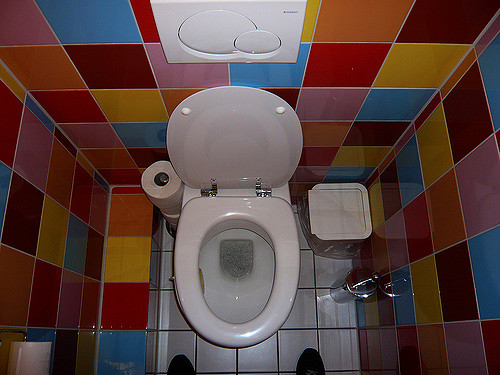Many older adults have problems with bladder control or urinary incontinence (UI). According to the American College of Physicians, UI affects about half of all women 40 to 60 years old and about three-quarters of all women 75 and older. Problems with bladder control can keep people from going out. The question is how to treat them?
According to the National Institute on Aging, weak bladder muscles as well as overactive bladder muscles or damage to nerves that control the bladder all can leave people struggling to control their bladders. Moreover, men with blockages from enlarged prostates can have problems controlling their bladders. And, people with arthritis can also have problems controlling their bladders.
We store urine in our bladders. When we can’t control our bladder muscles, urine moves into the urethra and passes out of the body without warning. If you or someone you love is struggling to control your bladder, talk to your doctor. The doctor can give you a series of tests to see what’s happening and how best to treat the problem.
Some people need to see urologists, who specialize in treating bladder issues. There are different causes for lack of bladder control, including stress on the bladder, “stress UI,” from exercise, laughing or sneezing, which is the most common cause. The appropriate treatment turns on the type of urinary incontinence you have.
Kegel exercises, to make your pelvic muscles stronger, are generally worth trying. To strengthen these muscles, lie down on your back and squeeze the muscles you use to stop urinating for three seconds, relax for three seconds and repeat ten times, three times a day. Keeping a healthy weight, not smoking, not drinking alcohol and drinking less caffeine could also help.
For the most part, the American College of Physicians supports use of medications as a last resort. It recommends kegel exercises and not systemic drug therapy for people with stress UI. For people with other types of urinary incontinence, it recommends kegel exercises and bladder training, a type of behavioral therapy that involves urinating on a set schedule, before taking medications. For obese women, it recommends exercise and weight loss. Treatments that do not involve medications have fewer side effects and are less expensive.
Medicare covers weight-loss counseling, smoking cessation counseling and alcohol counseling. It also covers nutrition counseling.
Here’s more from Just Care:
- Four key differences between traditional Medicare and a Medicare Advantage plan
- Common OTC drugs linked to cognitive impairment
- Eat more plants . . . reduce your risk of Alzheimer’s
- HIPAA and why you need a health care proxy
- Five things you should do to get your affairs in order in case of emergency










